Macron’s call to rearm and the redefinition of Europe’s identity
by Andrea Molle
(Cover photo by Guillaume Périgois on Unsplash)
French President Emmanuel Macron’s recent call for Europe to rearm is not just a wake-up call; it is a defining moment for the continent’s security and its role in global geopolitics. By declaring that Europe can no longer “live off the dividends of peace,” Macron has acknowledged a reality that many European leaders have long preferred to ignore. The world has changed, and the post-Cold War assumption that European security could be outsourced to the United States is no longer viable. The time for mote strategic autonomy has arrived.
At the heart of Macron’s message is the growing threat posed by Russia. The ongoing war in Ukraine, combined with broader Russian efforts to destabilize Europe, underscores the urgency of the situation. The U.S. has been a crucial ally, but its political landscape is shifting, and future administrations may not be as committed to European security as in the past. Macron’s suggestion that France’s nuclear deterrence could be extended to European allies represents a fundamental shift in strategy—one that could redefine the European security framework. Not a free gift, and of course not the sharing of operational control, but a bid to the leadership of such a framework.

This shift is particularly interesting given France’s historical posture on defence. Since Charles de Gaulle’s presidency, France has pursued an independent defence strategy, emphasizing national sovereignty over reliance on NATO. In 1966, de Gaulle withdrew France from NATO’s integrated military command, asserting that France should control its own military policy rather than be subordinate to U.S. leadership. Though France rejoined NATO’s command structure in 2009 under President Nicolas Sarkozy, its nuclear deterrence has always remained strictly under national control. Macron’s willingness to even discuss extending France’s nuclear umbrella marks a significant departure from this traditional stance, signaling a new era in European defence, but at the same time is a return to the Gaullist paradigm.
The implications of this shift extend beyond France. The European Union is already exploring massive investments in defence, potentially mobilizing hundreds of billions of euros. This move signals an intent to reduce reliance on NATO, or at the very least, to establish a stronger European pillar within the alliance. If successful, this transformation could alter the balance of global power, making Europe a more independent actor on the world stage.
Italy finds itself at a crossroads in this new paradigm, and the clock is ticking. Prime Minister Giorgia Meloni has stressed the importance of Western unity, warning that division would be “fatal for everyone.” Italy, historically cautious in its defence spending, may now be compelled to significantly increase its military budget. Furthermore, as discussions around European nuclear deterrence evolve, Italy could be forced to reconsider its own strategic policies. Should it align itself more closely with France’s vision, will it maintain its traditional reliance on US’s nuclear umbrella, will Rome opt to create its own “Deterrence Force”?
Regardless, Macron’s speech was not just about military spending; it was about reshaping Europe’s identity. The era of European complacency in defence matters is over. The question now is whether European leaders, particularly in Italy, are willing to rise to the occasion and assume the responsibilities that come with true strategic autonomy. If they fail to act, the cost may not only be Europe’s security but its place in the world order itself.










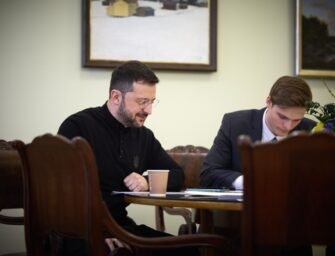
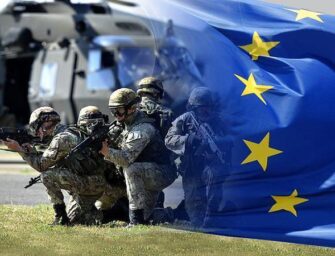



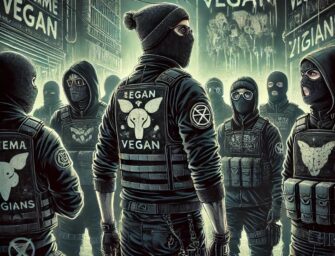
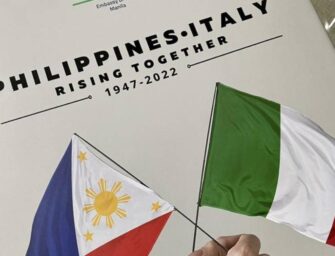

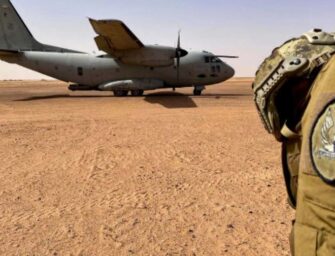

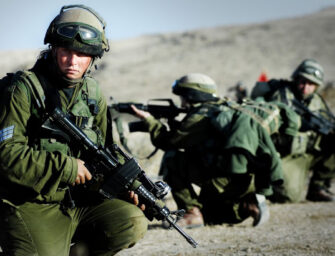
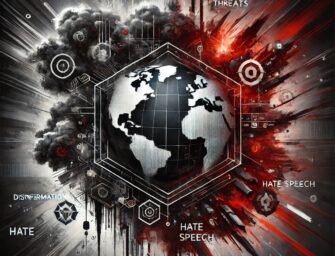
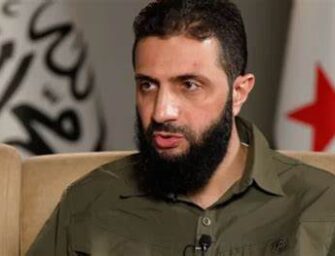
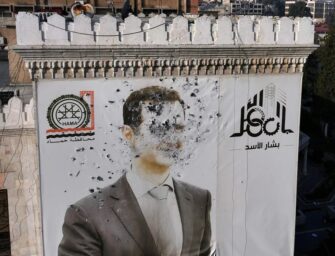
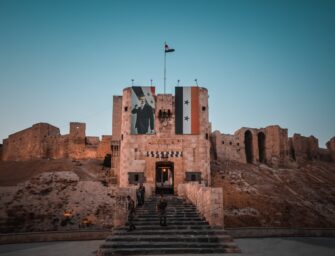
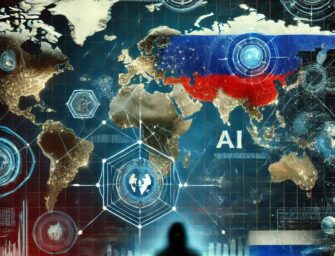


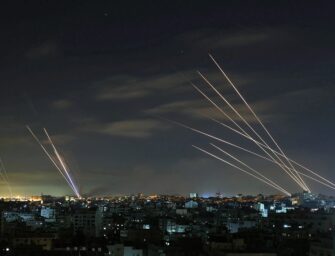
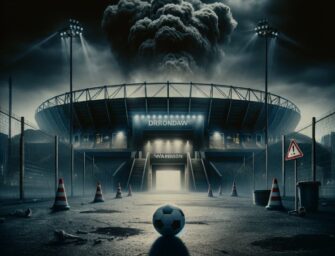
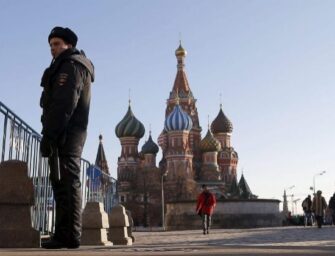
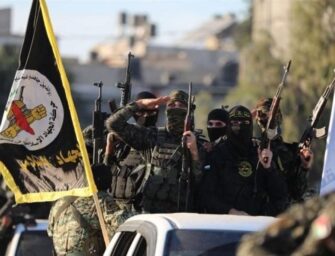
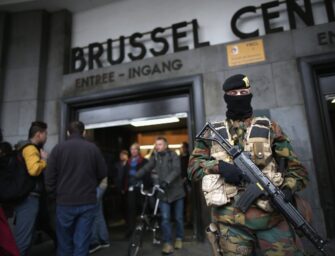
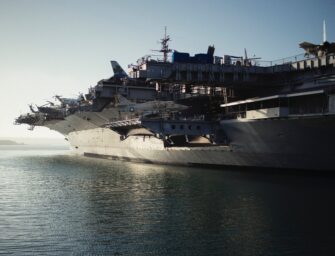
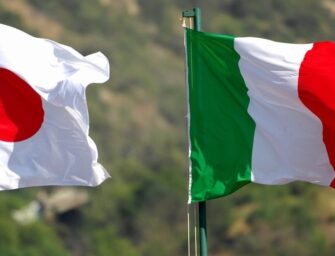
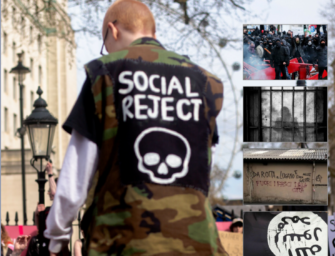
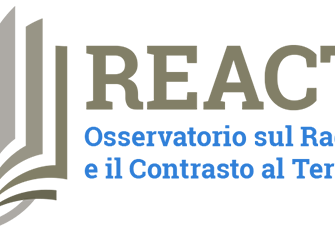
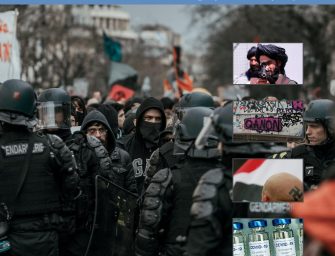
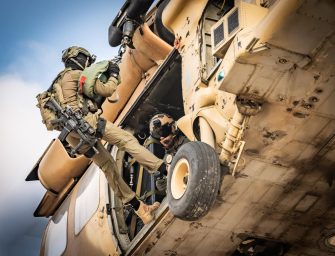
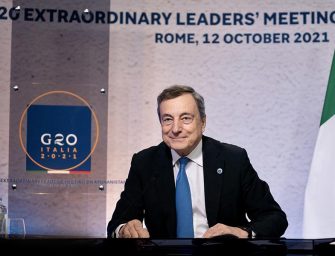
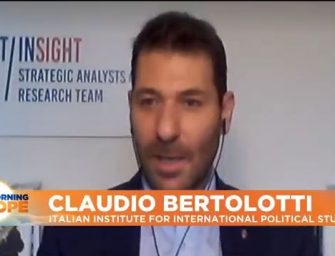

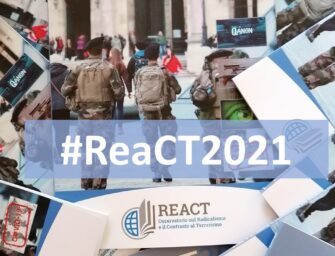
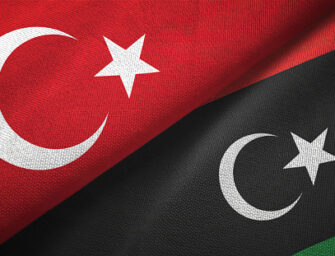

There are no comments
Add yours